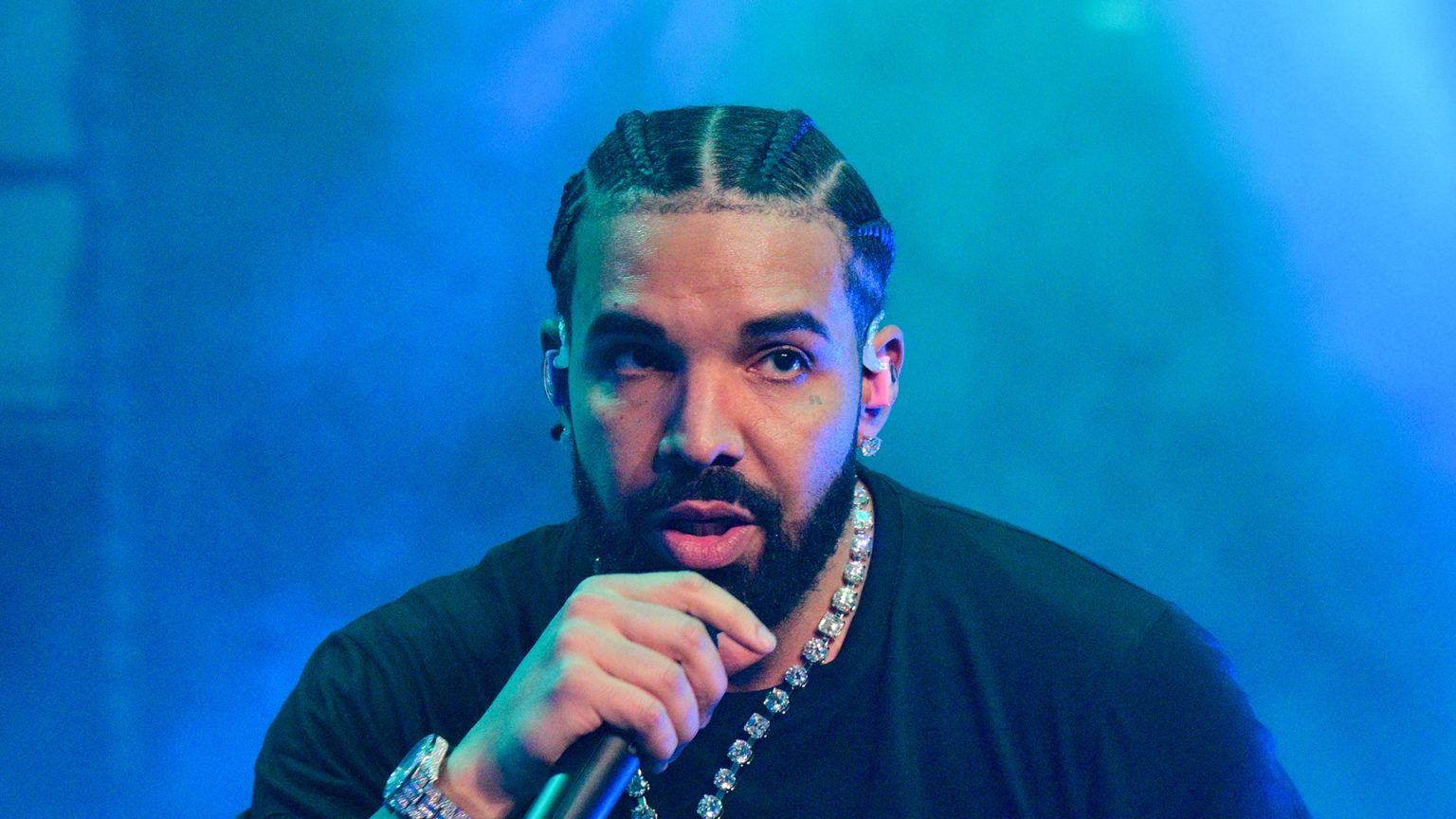Drake’s Defamation Lawsuit Against Universal Music Group: A Deep Dive into the Allegations
Canadian rapper Drake has initiated a federal defamation lawsuit against Universal Music Group (UMG), his own record label, alleging a calculated campaign to promote rival Kendrick Lamar’s diss track, "Not Like Us." The lawsuit centers on the song’s lyrics and accompanying imagery, which Drake contends falsely accuse him of pedophilia and incite vigilante justice. The suit specifically calls out UMG’s alleged prioritization of profit over artist safety, claiming the label knowingly amplified a dangerous narrative. Drake’s legal action highlights the escalating tensions between the two artists and raises questions about the responsibility of record labels in managing artist disputes and the potential consequences of inflammatory content.
Central to Drake’s argument is UMG’s purported active role in turning "Not Like Us" into a "chart-topping" anthem. The lawsuit alleges that UMG not only released and promoted the song but also orchestrated Lamar’s Super Bowl halftime show performance, a platform Drake believes was intended for Lamar to further disseminate the defamatory accusations. This strategy, according to Drake, underscores UMG’s deliberate intent to maximize the song’s reach and impact, thereby exacerbating the damage to his reputation and personal safety. Drake’s lawsuit carefully distinguishes between Lamar, the artist who created the song, and UMG, the entity that strategically amplified its message. This distinction underscores Drake’s belief that UMG bears the primary responsibility for the alleged defamation and subsequent fallout.
The lawsuit further details a series of alarming incidents following the song’s release, linking them directly to the inflammatory content. Drake describes a shooting incident at his Toronto mansion, where one of his security guards was seriously wounded, alleging that the perpetrators shouted "F**k Drake" before opening fire. He also recounts two subsequent break-in attempts, painting a picture of a besieged home and a climate of fear directly resulting from the accusations in "Not Like Us." These incidents, according to Drake, demonstrate the real-world danger created by UMG’s promotional campaign, transforming the song’s message into a call to action for violent individuals.
The lawsuit also delves into the escalating feud between Drake and Lamar, tracing its origins back to a collaborative track with J. Cole where the trio were touted as hip-hop’s “big three.” Lamar’s subsequent rejection of this label ignited a series of diss tracks between the two artists, culminating in the release of "Not Like Us." The lawsuit outlines the escalating lyrical attacks, highlighting Lamar’s criticisms of Drake’s biracial identity, parenting, and artistic integrity. Drake’s legal action suggests that while the rap feud provided the context, it was UMG’s exploitation of the conflict that amplified the situation into a dangerous and defamatory campaign.
Drake’s legal pursuit against UMG isn’t his first attempt to address the alleged manipulation of “Not Like Us’s” popularity. Prior to the defamation lawsuit, Drake filed a pre-action petition in New York and Texas against UMG, Spotify, and iHeartRadio, alleging an “illegal scheme” involving bots to artificially inflate the song’s streaming numbers. This petition, while withdrawn in New York to make way for the federal defamation suit, highlights Drake’s broader concern regarding the alleged manipulation of music industry metrics and its potential misuse in escalating artist feuds. The Texas hearing, still pending, involves iHeartMusic and further underscores the multi-faceted legal approach Drake is taking to address the alleged manipulation surrounding "Not Like Us."
The lawsuit paints a picture of a complex interplay between artistic expression, corporate strategy, and the potential for real-world harm in the digital age. Drake’s allegations against UMG raise fundamental questions about the responsibility of record labels in managing artist disputes and the ethical considerations surrounding the promotion of potentially inflammatory content. The case also highlights the challenges of navigating the blurred lines between artistic license and defamation in a genre known for its confrontational lyrics. While the legal battle unfolds, the case serves as a stark reminder of the potential consequences of escalating artistic rivalries and the power of record labels in shaping public narratives. The outcome of this lawsuit could have significant implications for the music industry, particularly in how record labels handle artist conflicts and the promotion of potentially controversial material.




